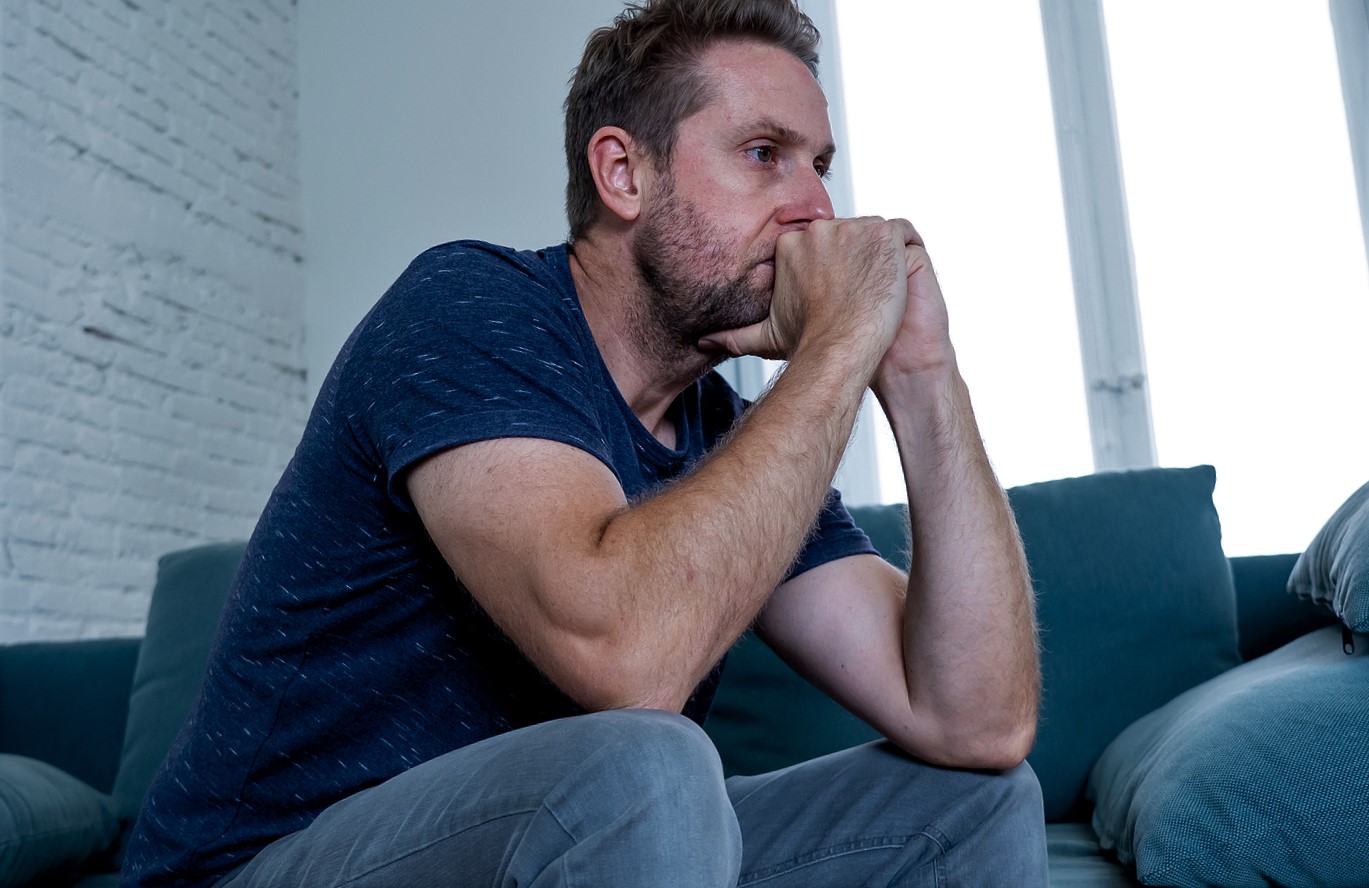Why Do Addicts Relapse When Things Are Good?

It's hard to watch the person you love most struggle with addiction. You know they're trying, but it feels like a hopeless battle. They've been clean for a few months, or even years, and just when you thought that they've finally overcome their addiction, you find out that they relapsed.
When things are going well in their life, why do addicts sometimes relapse? It can be hard to understand why an addict would relapse when things are going well. With addiction relapse rates at 40% to 60%, many people wonder if it's even possible to end addiction. But keep in mind that while recovery is a lot of hard work, it is not impossible.
Contact Us Today for a Confidential Assessment.
Call (877) 959-5909 Now to Speak with a Specialist
To answer the question on why addicts relapse when things seem to be going well, it's important to understand why relapse happens in the first place.
Understanding the Cause of Addiction Relapse
If your loved one is in addiction recovery, the first few weeks can be very refreshing. You might feel surprised to see them sober, calm, and relaxed instead of always being under the influence of substances. It can be heartwarming to see them finally communicating their thoughts and feelings instead of hiding from you. It is not uncommon to feel hopeful and encouraged when you finally see them trying to be productive in their lives.
But all of this hope can suddenly shatter in the unfortunate event that they relapse. If this happens to your loved one, it's normal to feel hurt, betrayed, and you might even be feeling that your loved one is not serious with pursuing recovery. Is it worth it? Will your loved one ever change? Should you just leave? These are questions that you might be asking too.
You have to understand, however, that addiction is a disease. This means that when people are addicted to substances, they are not really in control of their behaviors. They did not actively take that drink or used that drug just to ruin all the good that they have built so far in recovery. There are many causes of relapse and these triggers can rear their ugly heads even if a person has been clean and sober for so many years.
Common triggers of relapse include stress, anxiety, depression, boredom, and conflicts with the people around them. Being in a situation that reminds them of their past addictions can also serve as a trigger. When a person experiences these negative emotions, the initial instinct is to use something that will alleviate the pain.
If your loved one suddenly relapses when everything seems to be going well, don't immediately shout at them, blame them, or be cross at them. Understand that there may be a deeper issue that caused this particular relapse to happen.
How to Avoid Relapse in the Future

Initiate Constant Communication
Be proactive in initiating meaningful conversations with your loved one. By allowing them to share their feelings and innermost thoughts, you will be helping them to avoid bottling up their resentment. You can then share words of encouragement and support so they will not feel alone or forgotten. This will help them from internalizing their stress and eventually leading to relapse.
Encourage Participation in Support Groups and Fellowship Activities
When in addiction recovery, being surrounded by others who are going through the same journey is comforting. By joining a support group or fellowship, your loved one will feel that they belong and can be more vigilant in avoiding relapse.
Pursue Sober Activities Together
There are many sober activities that can help a person in recovery to stay occupied and productive. This can prevent them from feeling bored and can be a means to divert their attention in case they are tempted to relapse.
Winning Over Relapse in Addiction Recovery
While it is easy to think that addiction recovery would be simple as soon as your loved one is done with their treatment, the reality is that they will face many tests as they start a new life. When addicts relapse, it does not mean that they are hopeless cases or inherently flawed individuals who cannot recover from addiction. This is only a bump on the road that can be overcome with treatment.
If you or a loved one is struggling with substance abuse, help is available.
Contact Anaheim Lighthouse today.













